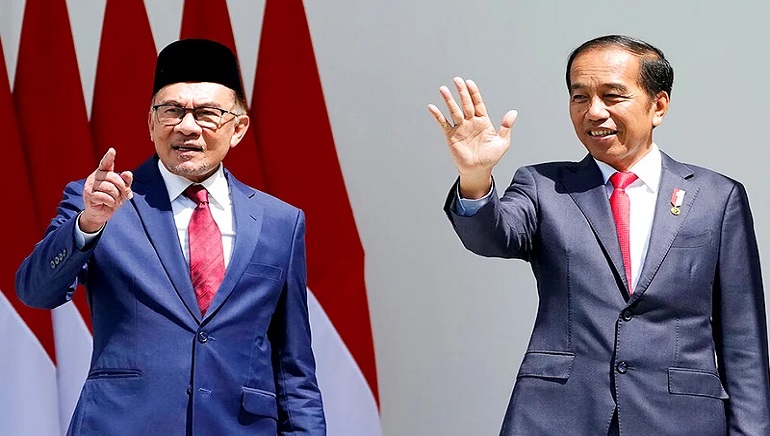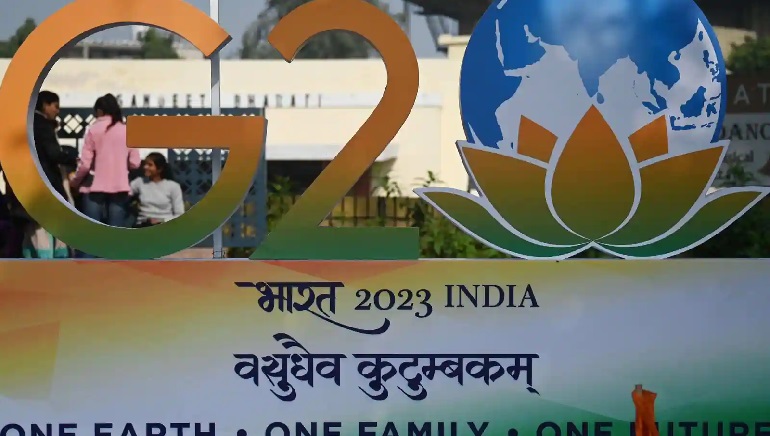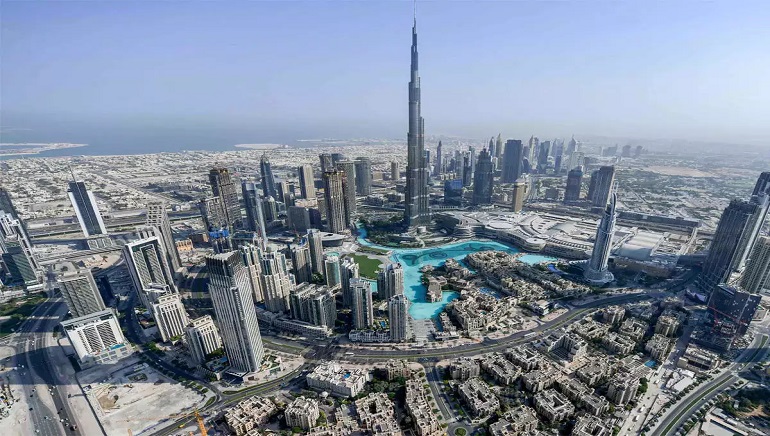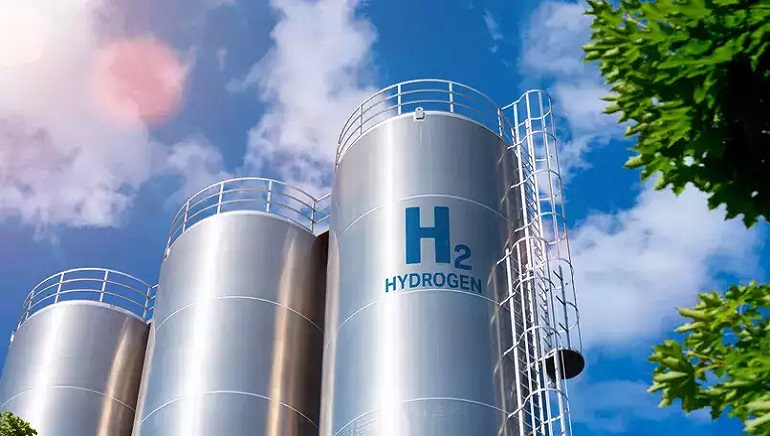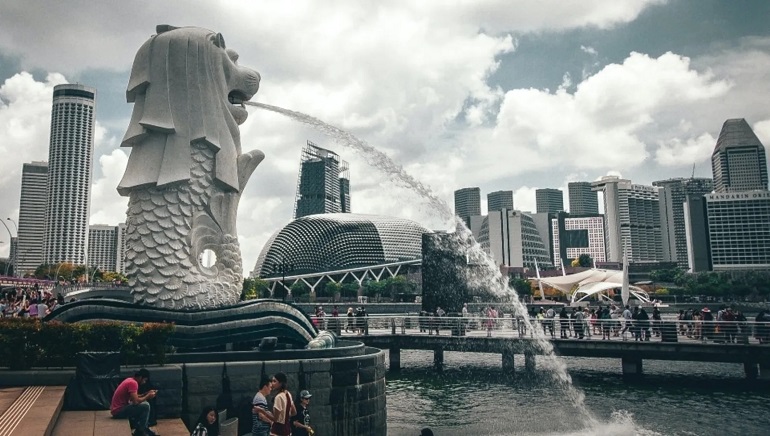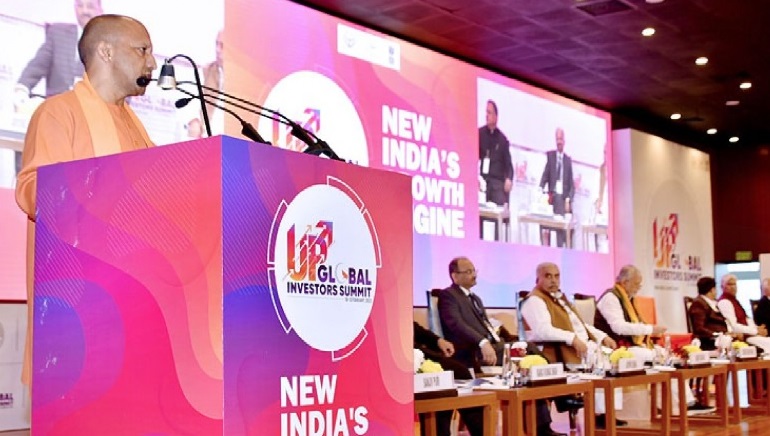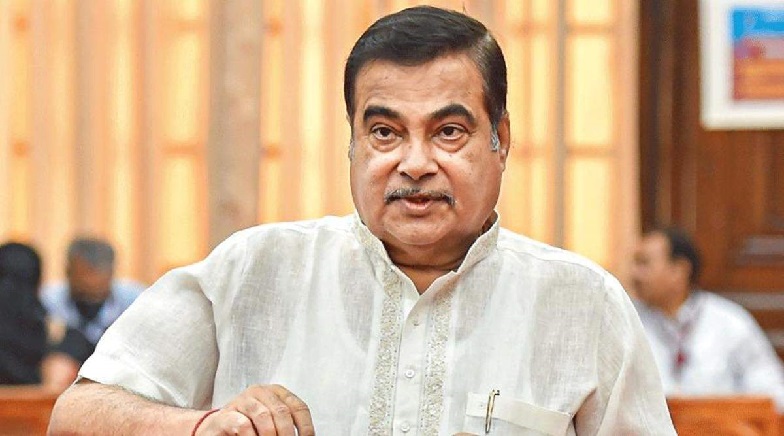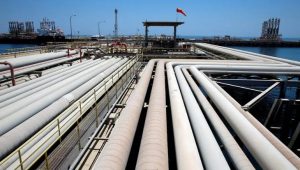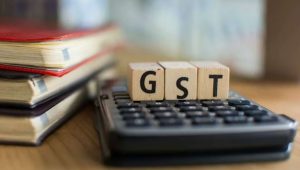Indonesia and Malaysia, the world’s biggest producers of palm oil, have agreed to work together to fight “discrimination” against the commodity. Indonesian President Joko Widodo said this after meeting Malaysian Prime Minister Anwar Ibrahim in Indonesia on Monday. Anwar was visiting Indonesia on his first overseas tour since taking office in November.
Joko Widodo said the two countries would also strengthen cooperation through the Council of Palm Oil Producing Countries to address concerns.
During their bilateral meeting, Anwar and Jokowi signed eight memorandums of understandings covering shipping, export-import financing, green energy, the development of battery industry, which they said they hoped would deepen cross border trade and investment.
In recent years, concerns over the mass clearing of tropical rainforests, destruction of endangered wildlife habitats, land conflicts with indigenous communities, and labour rights abuses have fuelled consumer campaigns against products containing palm oil.
The Asian leaders also discussed the development of Indonesia’s planned new capital, Nusantara, located in the Indonesian port of Borneo. Anwar gave 11 letters of interest from Malaysian companies related to possible investment in the new city. He said that the new capital could boost regional development, as the Malaysian states of Sabah and Sarawak are located in the Malaysian part of Borneo Island.





